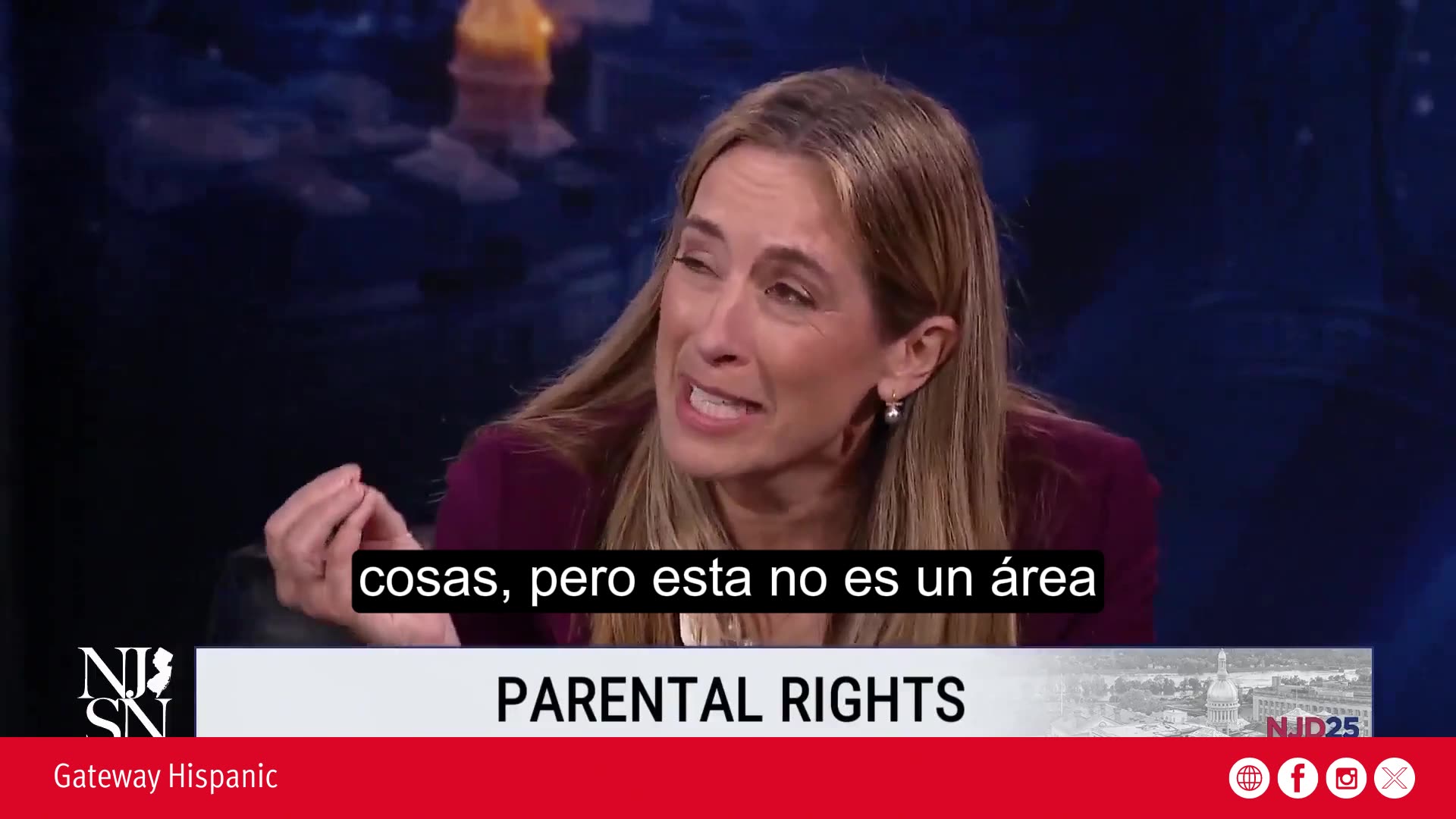Parents, Schools, and Who Decides What Kids Learn
- Confront why parental rights matter in education.
- Explain the concern about mandated classroom content.
- Challenge the idea of removing opt-outs for families.
- Outline potential cultural and civic consequences.
- Call for common-sense safeguards and local control.
Congresswoman Mikie Sherrill’s recent comments hit a nerve with parents who want a say in how their children are raised and taught. Saying she will push for LGBTQ education in schools without allowing opt-outs reads like a federal takeover of classroom values. People across the political spectrum know kids belong first to their families, not to a one-size-fits-all curriculum.
Parents don’t want to be sidelined on issues that touch on morality, faith, and innocence. Local control of schools is not a quaint tradition, it’s the backbone of responsive education policy. Removing opt-outs hands decision-making to distant bureaucrats who don’t know the child, the family, or the community.
There’s a real difference between teaching respect and mandating ideology. Teaching kids kindness and nonbullying is one thing; telling parents they have no say over moral education is another. Accountability flows upward, and parents should always be part of that chain.
For many families, age-appropriate pacing and parental consent matter a lot. A kindergarten curriculum that brushes on gender identity feels very different to a high school seminar on sexuality. Forcing content without parental notice or permission will blow past community standards and inflame trust.
The political reality is simple: when Washington starts dictating classroom content, freedom shrinks. Republican voters see this as part of a broader trend where elites decide what’s acceptable for everyone. That’s why defending parental rights resonates across red and blue suburbs alike.
Policy solutions exist that respect both student dignity and family authority. Require transparent syllabi, opt-in lessons for sensitive topics, and local school boards that reflect community values. Those are reasonable guardrails that protect kids and empower parents.
Open debate is the American way, and community input should guide what children learn about identity and relationships. Schools should earn community trust, not bypass it with top-down edicts. The congresswoman attempts to justify her stance by saying that such programs


Leave a Comment